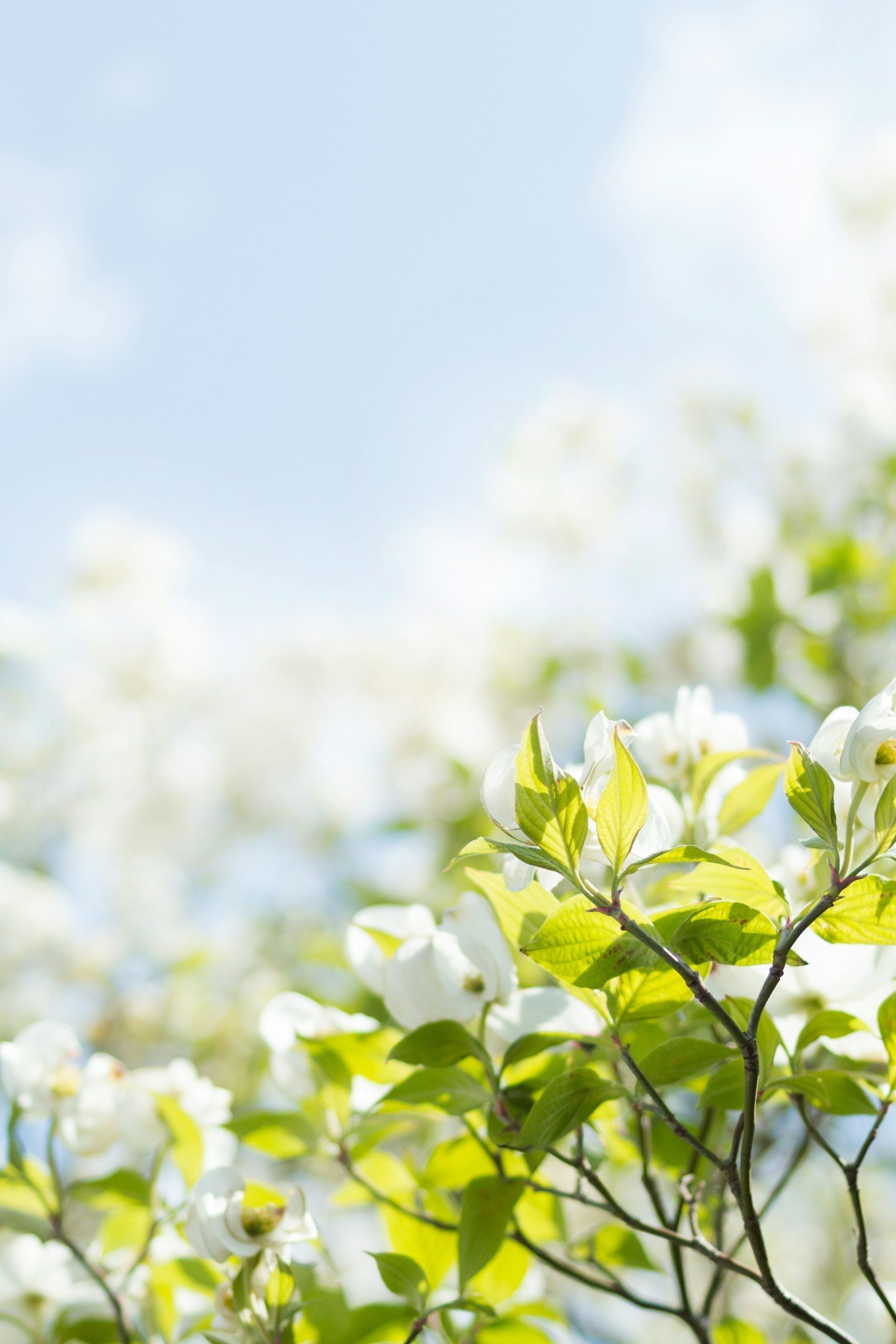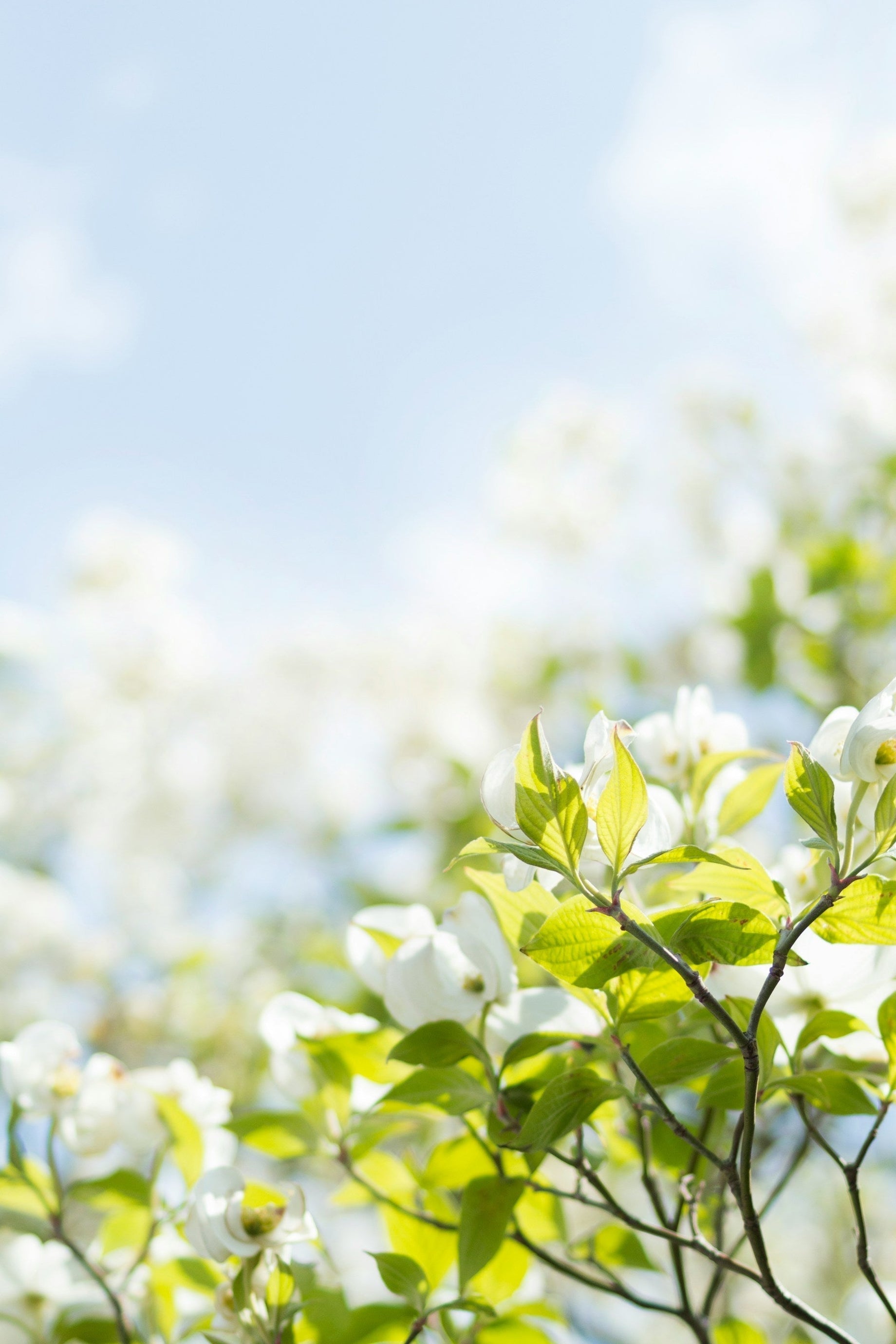It can be second-nature to respond to ourselves with criticism and harshness, as the saying goes, “We are our own worst critics,” and this sentiment is often true. We can also be quick to show kindness and compassion to others but it can be difficult to meet ourselves with the same grace. In this blog post, we will be discussing ways to be kinder to ourselves and provide helpful tools to move forward with compassion for ourselves.
Why Are We Self-Critical?
The first step in moving towards being kinder to ourselves is to examine where our self-criticism comes from and how it shows up presently in our lives. Perhaps, you had parents or caregivers who were critical or had high expectations of you. You may have also learned negative self-talk from societal expectations or have experienced trauma. If this resonates with you, know that you are not alone and I see you.
I encourage you to explore what your self-critical voice, also known in the therapeutic space as your inner critic, sounds like presently. I invite you to notice the tone of this voice - cold, harsh, or angry; what are the words or phrases it is telling you, and does this voice remind you of anyone in the past? Once we can understand and pinpoint our critical voice, we can then change it and move forward with self-kindness.
Self-Compassion Is Key
A key component of being kinder to ourselves is to recognize that pain and suffering is a universal experience. Dr. Kristin Neff, a researcher in self-compassion, which is taking the same compassion we have for others and giving it back to ourselves. She breaks down self-compassion into three components:
Common humanity: It is the idea that all humans suffer and experience pain, but you are not alone in facing these difficulties.
Kindness over judgment - We choose to offer kindness to ourselves rather than criticism if we make mistakes.
Mindfulness without overidentifying - Turning towards the pain with the acceptance of the present moment without overidentifying with difficult thoughts or emotions.
Barriers to Being Kind To Yourself
When you begin to take steps to being kinder to yourself, it is normal that barriers may be present. These roadblocks can look like negative core beliefs, such as believing that you do not deserve to be kind to yourself. A common response I hear is that practicing self-kindness means you are self-indulgent without taking accountability.
Whichever barrier may be present, I encourage you to explore your own. Once you can recognize what is getting in the way of treating yourself with kindness, you can challenge and move past these barriers.
Practicing Self-Kindness
Kindness can feel challenging at first, but with time and patience, it can be a healing step on your journey of mental health. One helpful tool is practicing self-compassion; a simple way to think about this is by treating yourself like you would treat a friend. For example, if a friend is going through a difficult time, notice what you may say or do to comfort this friend, and then using the same language, can you give yourself permission to be kind and gentle in the same way.
Another tool to use is to reframe and challenge your self-criticism. This can look like changing a negative comment towards yourself to a neutral response. For example, shifting the thought, “I am a failure” to “I am trying my best.” When you speak differently to yourself, it changes your neural pathways and over time, it will become second-nature for you to speak kinder to yourself.
This is an ongoing process and it does not happen overnight. However, with practice and time, you can learn how to move forward with yourself with kindness.In this continued journey, remember that it is ok to start small. Go forward in compassion.
Additional Resource:
How To Practice Healthy Boundary Setting: Do you struggle saying no? Are you worried about letting people down? In this masterclass, you will learn the essentials of creating and upholding boundaries. You will gain skills to empower yourself in setting boundaries, transform conflict into positive outcomes, and master the art of self-care. Join the class here.
Compassionate Affirmation: “I am trying my best.”
Becoming Anchored in Hope,
Laura
LPC-MHSP, CEDS-C, ACS, NCC
At Becoming Anchored Co., we are dedicated to supporting individuals on their journey toward personal growth and well-being. Our mission is to provide tools and insights that foster resilience, connection, and authenticity.
Our evidence-based resources, including our podcast and courses, are designed to empower you. We have also curated a selection of thoughtfully designed products to help you stay anchored – that you can wear on your path to discovery and growth.
We believe in the importance of creating a nurturing and inclusive environment where every story is valued and honored. Join us in our commitment to thriving and flourishing together.




